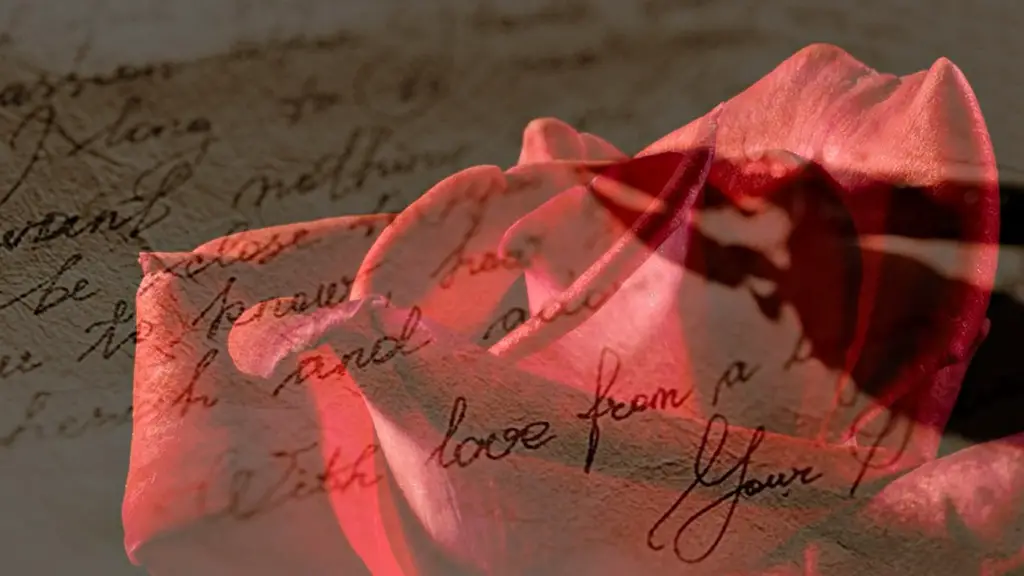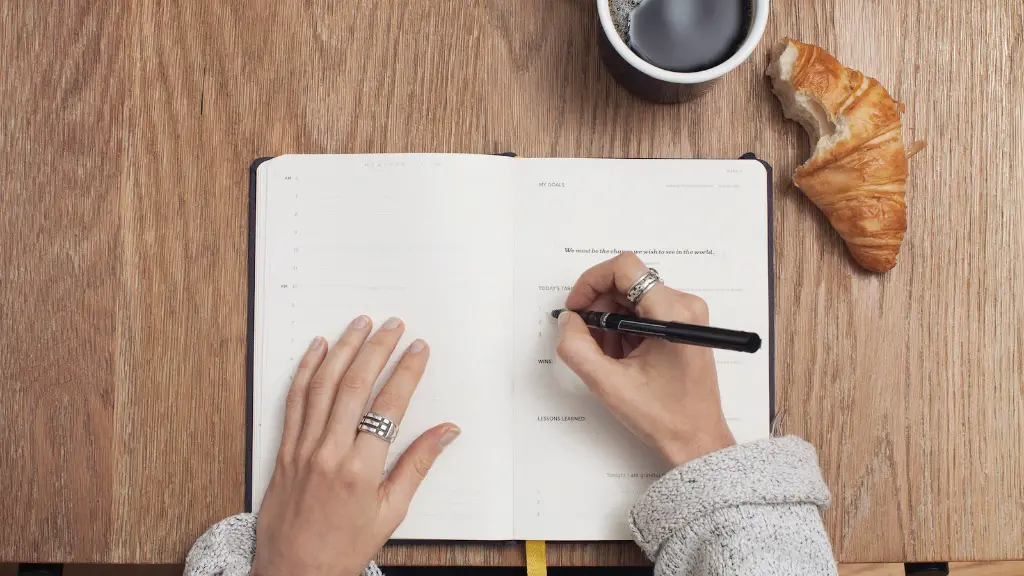Political poems often explore social, economic and political ills, from poverty to racism and are used as a tool to raise awareness, communicate and debate opposing views. Political poetry can be a powerful tool for social change and it is used by poets to document the injustices that exist in our world. It is a forum for the poet to express their thoughts and feelings on a multitude of issues including the environment and politics. Political poems are usually characterised by a strong message, often written in a direct and provocative manner and often accompanied by strong imagery and emotion.
The political poem can take many forms but it generally aims to express a particular issue or idea in a succinct and powerful way. They can be written in many different styles, from traditional poetic verse to free verse, narrative or lyric poems. Political poets often incorporate symbols, metaphors and allusions in order to communicate their points to a wider audience. It is important to remember that the effect of a political poem often depends on the context in which it is read, as well as the public’s interpretation of it.
Political poetry has been used by some of the world’s most renowned poets. From Ancient Greece, Walt Whitman and Petrarch, to modern day luminaries such as Robert Frost and Maya Angelou, political poetry has been a driving force for social change for centuries. It has been used to educate and empower, to give voice to the voiceless, to inspire revolution and to express protest. Political poems are often the most memorable pieces of verse, as they are inspired by issues that are close to the hearts of their readers.
Political poetry often takes the form of spoken word and performance poetry. During the 1960s and 70s in America, poets like Amiri Baraka and Gil Scott-Heron used their art to challenge the status quo, by speaking truth to power and demanding fundamental change. Poets such as Jackie Kay and Roger Robinson have utilised the spoken word to offer a fresh perspective on the effects of Brexit, displacement and displacement of people. Spoken word is an art form that transcends the page, allowing for a more direct connection to the audience, allowing for more emotion to be conveyed.
The Impact of Political Poetry
Political poetry has the power to shape public opinion and to spark change. It can be used to bring attention to an issue, to challenge accepted norms and to propose new solutions. It is often the most effective weapon in a poet’s artistic arsenal, as it speaks on a personal level and has the potential to reach a much larger audience than most traditional forms of poetry. By advocating for a variety of causes, political poets can influence public discourse, as well as the beliefs and behaviours of those who hear their work.
Political poetry can be used to highlight disparities in society, to promote tolerance, to help resolve conflicts and to create understanding. It is a powerful medium for expressing the frustrations of oppressed and marginalised people, and can be used to inform and inspire those who hear it. For example, the works of the American poet Langston Hughes conveyed the suffering of African Americans during the Harlem Renaissance and framed his work within a robust social justice framework.
Challenges Faced by Political Poets
Political poetry is an art form that is often met with disregard, dismissal and criticism. Political poets are often accused of being too extreme in their language or ideas, or of proselytising. Poets are often labelled as overly idealistic and as not being realistic when it comes to understanding the complexities of socio-political issues.
Many poets face censorship or self-censorship, as they write about controversial topics or challenge accepted norms. Political poets risk the possibility of backlash or even legal action, as they voice opinions that are not always welcome by the public. Additionally, they may struggle to communicate their message to a wide audience, as they may be limited in terms of resources and access.
Conclusion
Political poetry can be a powerful tool for sparking change and making a difference in our world. It can be used to educate and challenge the public, to raise awareness and to stand up for what is right and just. Political poems can be deeply affecting and memorable, and can have a profound impact on those who hear them. Despite the challenges that political poets face, their work has the power to inspire and to move others to action.
Background of Poetry in Politics
Political poetry has a long and rich history of subverting power through language and ideas. In Ancient Greece, it was used to oppose the oppressive hegemony of politicians, and throughout many other societies. During the 1500s, English poets such as Edmund Spencer used their work to criticise the monarchy. William Wordsworth and Robert Burns wrote much acclaimed poetry in support of political movements and causes. Political poets, such as Walt Whitman, Miroslav Holub, Seamus Heaney and Allen Ginsberg, have written during the liberating and often creatively fertile Revolution era.
The 20th and 21st century has seen a multitude of memorable political poems, from Robert Frost’s ‘Mending Wall’ to Maya Angelou’s ‘I Know Why the Caged Bird Sings’. Poetry has been used globally to challenge political regimes, call attention to oppression and document social injustices, such as poverty and racism. The work of contemporary political poets, such as Jackie Kay and Roger Robinson, brings attention to issues arising from Brexit and displacement of people on a global scale.
Style Used by Political Poets
Political poets often adopt different styles in order to achieve their desired effect. Whilst conventional poetry forms, such as sonnets and ballads are utilised by poets, many also choose to employ a more abstract style. The poet’s choice of style will depend on the prevailing socio-political context, as well as the nature of their desired expression.
Lyric and narrative poetry is popular amongst political poets, as they enable a more personal account of the issues at hand. Poets may also choose to incorporate symbols and metaphors in order to create powerful images that can evoke emotion and sentiment. Free verse poetry is increasingly utilised due to its lack of structure, allowing the poet to express themselves more freely. Furthermore, political poets often blend traditional poetry forms with modern writing styles, such as rap and spoken word, to greater communicate their message to a wider audience.
Utilising Political Poetry
Political poetry has the potency to shape public opinion and create change, and can be a potent propellant for advocacy. It is important for poets to collaborate with those affected by the issues to ensure the integrity of their work, and to ensure an authentic representation of their beliefs and values. It is essential for the poet to create a clear and concise argument, whilst maintaining their poetic style.
Political poets should not limit themselves to writing on paper, as spoken word performance is an increasingly popular medium. Performance poetry provides the poet with a direct connection to the audience, allowing them to directly address the issue and deliver their message more effectively. Social media provides poets with the perfect platform to share their work and promote their message further, thus allowing for more people to be reached and inspired.
Conclusion
Political poetry is an effective tool for initiating conversations and change, allowing poets to articulate their truths and experiences. It is important for poets to remain authentic and true to themselves and their beliefs, whilst also creating a profound and impactful message. Furthermore, the utilisation of different styles, forms and social media platforms can help the poet to communicate their message more effectively and widely. Political poetry is a powerful medium for voicing dissent and creating solidarity amongst those affected by social injustices. It is a tool that can make a difference in our world, as it has done throughout history.

